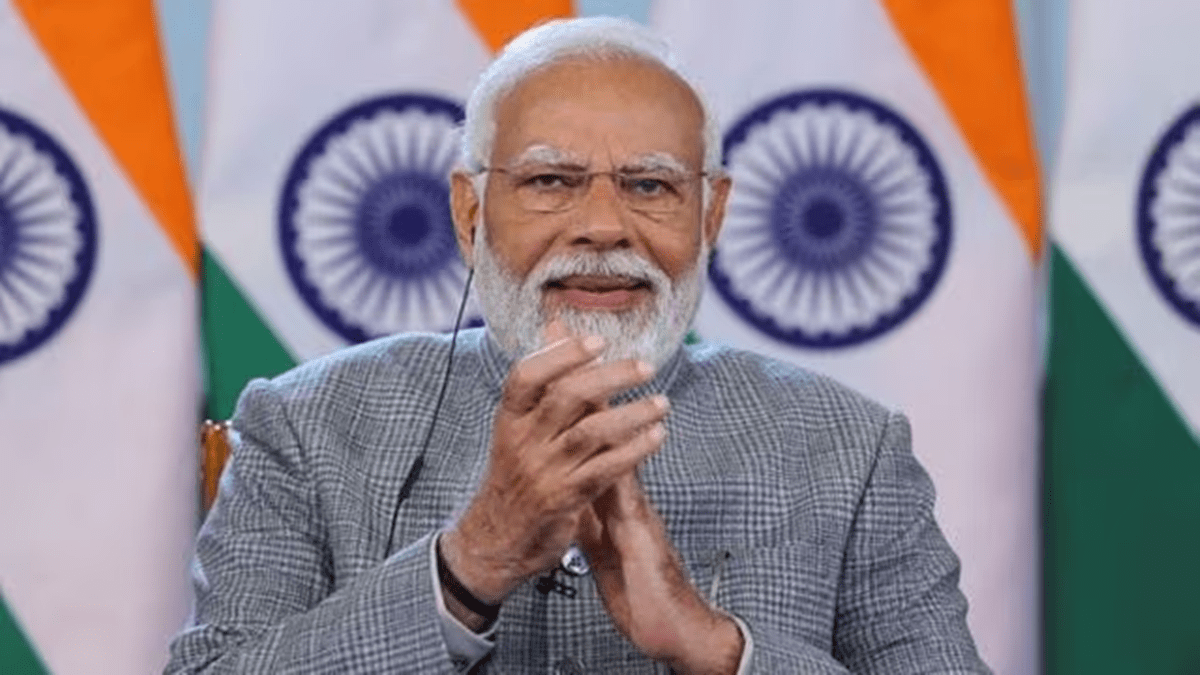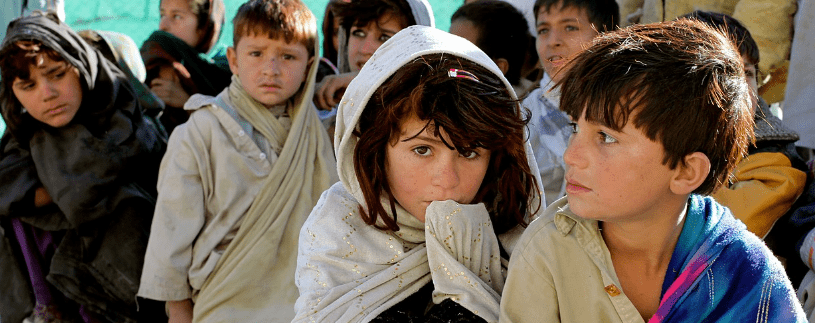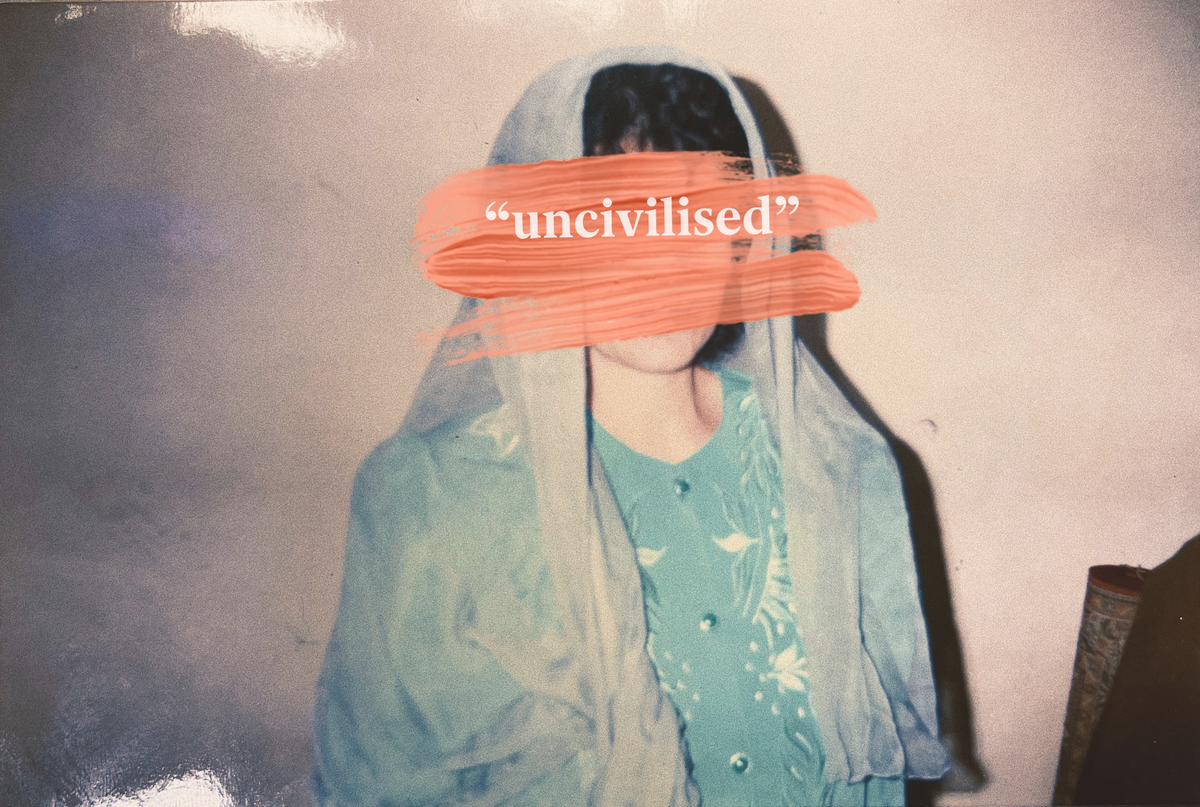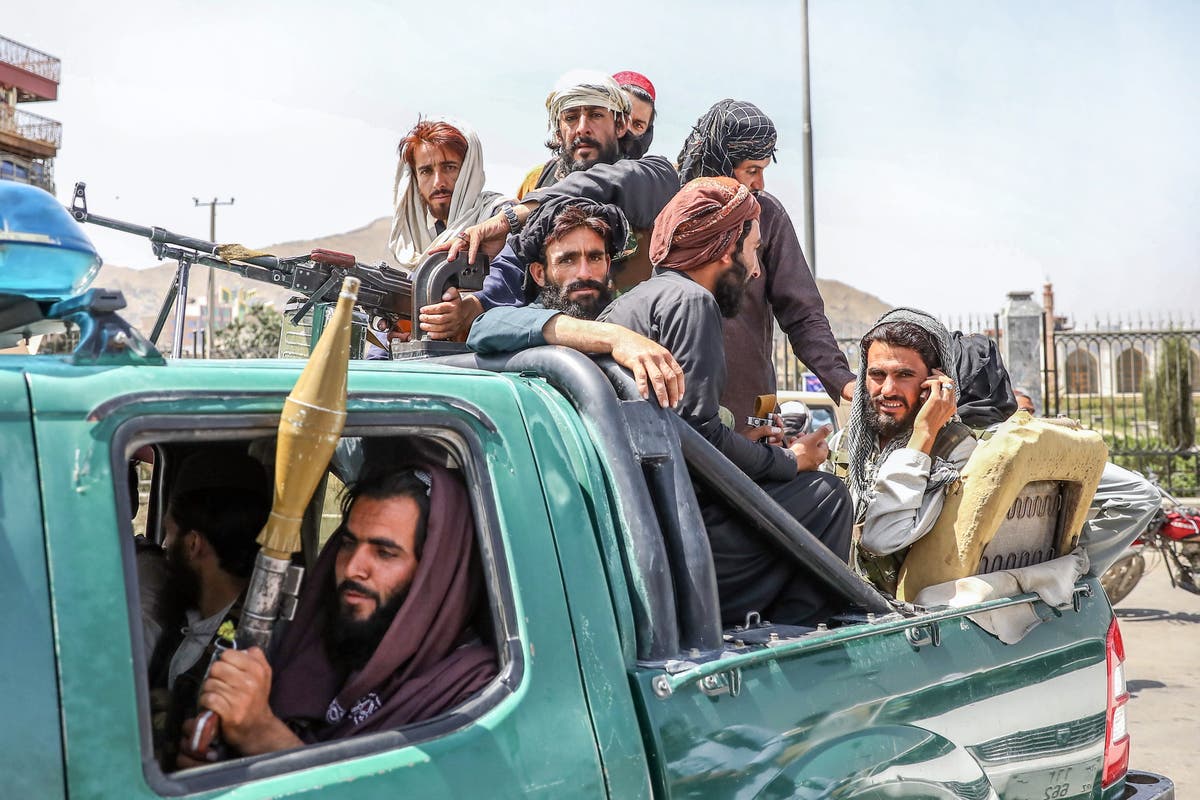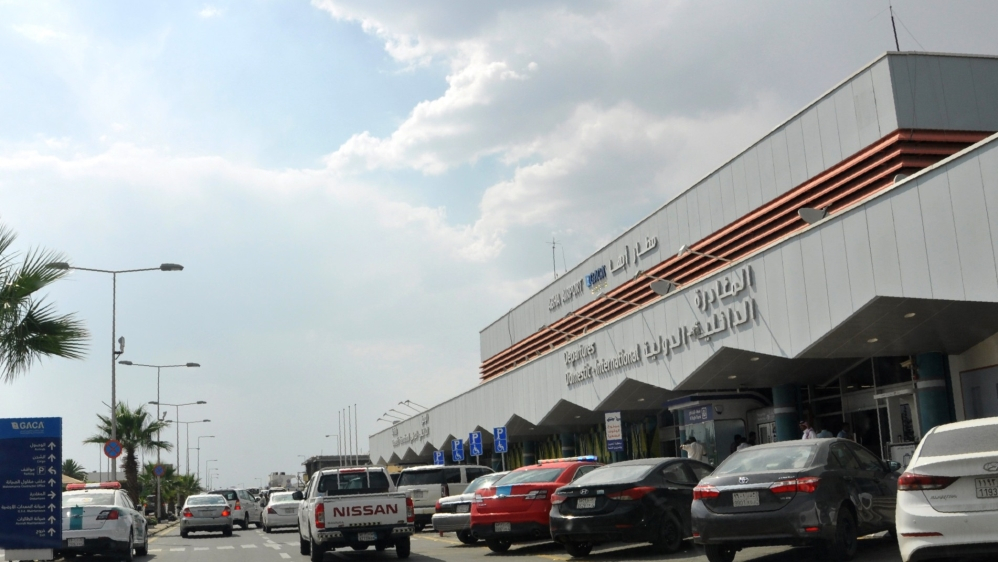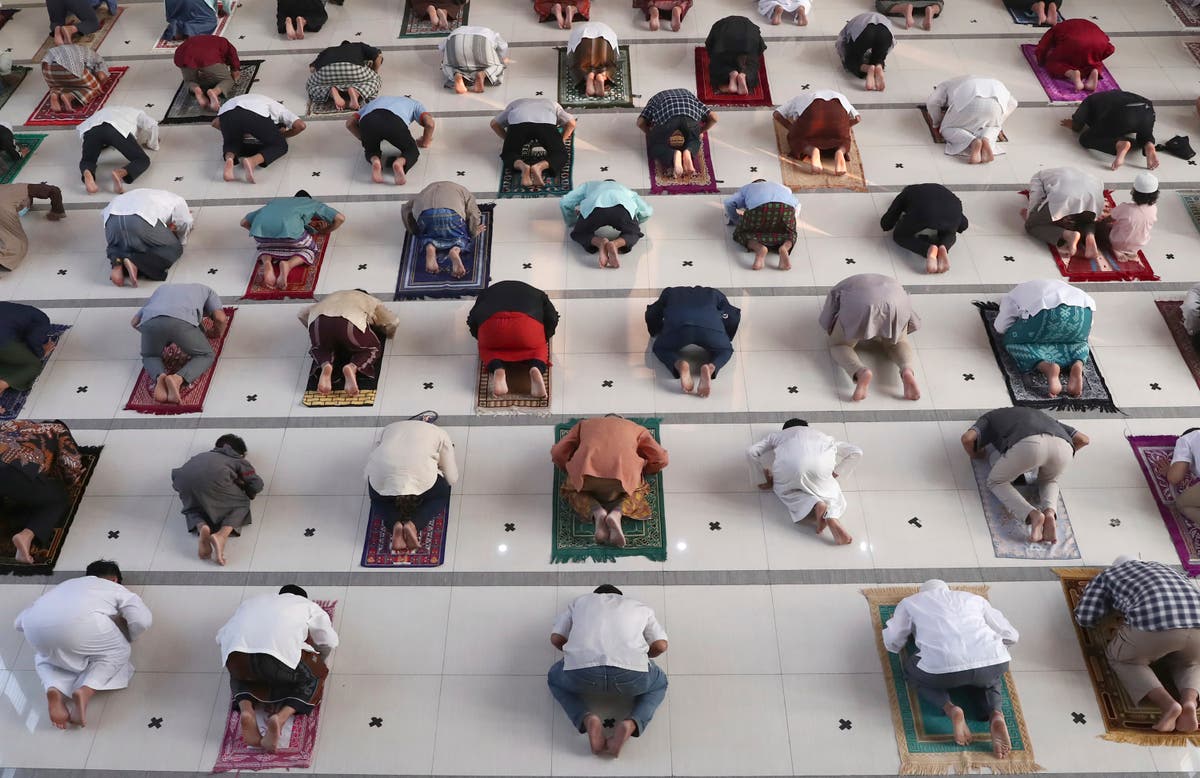Indian Prime Minister Narendra Modi is scheduled to visit Qatar following his two-day trip to the United Arab Emirates (UAE). This announcement comes shortly after the release of eight former Indian Navy personnel who were previously imprisoned in Qatar. Modi’s two-day visit to the UAE, starting on February 12, aims to strengthen bilateral ties across various sectors like trade, investment, energy, and digital technology. After concluding this visit, he will travel to Doha on February 14th to meet with Qatari Amir Sheikh Tamim bin Hamad Al-Thani and other officials for further bilateral discussions. This visit follows the recent return of seven out of eight former Indian Navy personnel who were initially sentenced to death but later received reduced jail terms.
Eight retired Indian navy officers, imprisoned in Qatar since 2022 on charges of spying, were released earlier on February 11. Initially sentenced to death for their alleged activities at Al Dahra, a consulting firm advising the Qatari government on submarines, their sentences were commuted to prison terms last year after India intervened. Following appeals and legal exploration, Qatar has now granted their release, allowing them to return home.
Their case made headlines in late October 2023 when a Qatari court sentenced them to death. These men, identified as Captains Navtej Singh Gill, Saurabh Vasisht, Birendra Kumar Verma, and Commanders Purnendu Tiwari, Sugunakar Pakala, Sanjeev Gupta, Amit Nagpal, and Sailor Ragesh, were employed by Al Dahra, a private farm which had been advising the Qatari government on the acquisition of Italian submarines for the Qatari navy.
Initial reports observed that the Indian government was in the dark about the precise reasons for their arrest. The exact charges leading to their death sentence were shrouded in mystery. Ten individuals, including eight former naval personnel, were detained in Qatar for undisclosed reasons on August 30, 2022. They were subjected to harsh conditions, and kept in isolated confinement. Diplomatic efforts began on October 1st, with the Indian Ambassador and Deputy Head of Mission meeting with the detained. Two days later, consular access was granted. However, an attempt by Khamis al-Ajmi, CEO of Dahra Global, to secure the release of his employees backfired – he was also arrested and held in solitary confinement for two months before being released on bail.
Throughout the spring and summer of 2023, the case of the eight Indian men detained in Qatar unfolded rapidly. By March 1st, all their bail pleas were denied. Charges were filed on March 25th, followed by the start of their trial under Qatari law on March 29th. May 30th saw the closure of DahraGlobal, their former employer, with all employees, mainly Indians, returning home. A small victory came on August 4th when the men were moved from solitary confinement to a communal jail ward with colleagues, sharing cells in pairs. However, on October 26th, the court delivered a shocking verdict, sentencing all eight men to death.
The Indian government, through its Ministry of External Affairs, actively followed the case of the arrested sailors in Qatar. They provided all the support they could to the sailors, including raising the issue at various diplomatic and political levels. Both India and Qatar continued to be involved in discussions. However, India stressed that they could not possibly interfere with Qatar’s legal system, just like other countries would not be able to intervene in India’s judicial processes if a foreign national was on trial. This approach mirrored India’s stance in the Enrica Lexie case, where two Indian fishermen were tragically killed, allegedly by Italian marines in Qatari waters. In both situations, India has emphasized respecting the legal procedures of the respective countries while advocating for its citizens’ well-being.
The Indian government fought hard for the release of the former Navy personnel in Qatar, using multiple legal arguments. They cited international laws, including the Maritime Zones Act of 1976, the Indian Penal Code, the Code of Criminal Procedure, and the UN Convention on the Law of the Sea (UNCLOS) of 1982. Additionally, the families of the Navy personnel directly appealed to the Emir of Qatar for clemency, hoping to benefit from his tradition of granting pardons during religious holidays like Ramadan and Eid. This two-pronged approach, legal and personal, aimed to secure the release of the detained individuals.
Former diplomat Vivek Katju, writing in the Indian Express, described the the predicament as a major challenge for the Modi government and External Affairs Minister Jaishankar. Qatar’s unprecedented death sentence to eight retired Indian Navy personnel (seven officers and one sailor) on espionage charges stood apart apart from past cases. While Indians have earlier faced capital punishment abroad for drug or murder offenses, this scenario with a friendly nation like Qatar and a group of esteemed individuals sets a unique and pressing challenge.
Unlike tensions with Pakistan, where convicted Indian spy Kulbhushan Jadhav faces execution, India shares extensive ties with Qatar. The case, involving not just one person but a group of respected ex-military personnel, demanded strong diplomatic action. Kaju observed that the nation expected the government, particularly Minister Jaishankar, to secure not only the lifting of death sentences but also the swift and safe return of the convicted personnel.
Katju also observed that ultimately, the resolution of such delicate issues involved both legal verdicts and state relations. India-Qatar ties are significant, especially with many Indians living there. However, their differing views on West Asia created complexities. India traditionally held direct bilateral ties with all West Asian countries, avoiding internal conflicts. This approach, even amidst ties with Israel, diverged from earlier alignments with progressive Arab states. However, India’s I2U2 membership and perceived weakening support for the Palestinian cause indicate a shift from direct bilateral policies. This might have increased the political distance between Qatar and India. Qatar, known for its conservatism and regional political involvement, might view these changes with reservations, Katju conjectured.
India was walking a tightrope with Qatar, balancing its need to secure imprisoned Indian citizens with maintaining good relations with a key trade partner and respecting local laws. Historically, India and Qatar have built strong ties through high-level visits and robust economic partnerships. Further complicating things was Qatar’s multifaceted role in the region. While hosting US military bases and mediating conflicts, it also maintains ties with Iran and supports groups like the Taliban and Muslim Brotherhood. Despite these complexities, Qatar’s strategic value for the West could not be ignored, exemplified by its recent role in securing American hostages. Therefore, India’s approach had to be multifaceted as well. Using all diplomatic channels to secure its citizens was crucial, but equal importance had to be given to respecting Qatar’s laws and treading carefully to avoid jeopardizing the wider relationship.
A significant development occurred on December 3 when the Indian ambassador in Doha was finally granted access to the detained personnel for the first time. Notably, this access came just two days after Prime Minister Modi met with Qatar’s Emir during the COP28 summit in Dubai. During their meeting, the leaders discussed various matters, including the “well-being of the Indian community” in Qatar. This suggests that Prime Minister Modi’s intervention likely played a role in securing consular access and potentially influencing the situation surrounding the detained personnel.
The Indian government had meanwhile appealed their death sentence in Qatar in early November. This appeal, filed before a Qatari appellate court, was accepted in late November. Finally, on December 28, death sentences were commuted against all the eight accused. The appellate court’s decision came after PM Modi’s meeting with the Qatari Emir, where the welfare of the Indian community was discussed.
The appellate court commuted their sentences to imprisonment ranging from 3 to 25 years. One officer received the harshest sentence of 25 years, while the lone sailor got the most lenient term of 3 years. Notably, the officer holding the highest position, the Managing Director of DahraGlobal, received the longest sentence, while the sailor, likely holding a lower rank, received the shortest. This suggests that the sentences may have been influenced by the individuals’ roles and responsibilities within the company.
The Shiromani Gurdwara Parbandhak Committee (SGPC), a leading Sikh organization, praised the Indian government for its diplomatic efforts that resulted in the commutation of a death sentence for eight former Indian Navy personnel in Qatar. Applauding both the government and Prime Minister Narendra Modi, they called it a “success of Indian diplomatic channels” and a positive step towards saving the lives of the officers.
While the commutation of the death sentence marked a small victory for India in the year-long case, it did not guarantee their freedom. Even as families and colleagues expressed relief, they remained cautious. The final hurdle lay with the highest court’s judgement, which could take another three months before even allowing a plea for pardon from the Emir. So, while the sentence reduction brought hope, the ultimate resolution was in suspension. The legal team, which now received a copy of the ruling, was granted 60 days to appeal to the Court of Cassation, the highest court in Qatar.
Applauding the Indian government, analysts highlighted the achievement’s significance, given the quiet and patient diplomatic approach employed by the government, even under intense media scrutiny. They also foregrounded the importance of Prime Minister Modi’s personal touch in dealing with West Asian monarchies, suggesting building strong personal rapport with these leaders can be a game-changer in such diplomatic endeavours. The event also highlights the growing depth and breadth of India’s relationship with Qatar. While India traditionally focused on Pakistan and the Israel-Palestine conflict in the Middle East, it has now expanded its reach by building partnerships with willing Gulf nations. This has opened up new trade opportunities and diversified India’s energy sources, as evidenced by the recent multi-billion dollar LNG deal with Qatar. The large Indian community in Qatar (over 800,000) further strengthens this bond. Amidst the complex regional politics, particularly the escalating Israel-Hamas conflict, India has wisely maintained neutrality. However, the relationship is not without challenges, including anti-India media content from Qatar and support for religious radicals in India. As Prime Minister Modi prepares to meet with the Qatari Emir, this positive momentum presents an ideal opportunity to address these concerns and further strengthen the bilateral ties.
